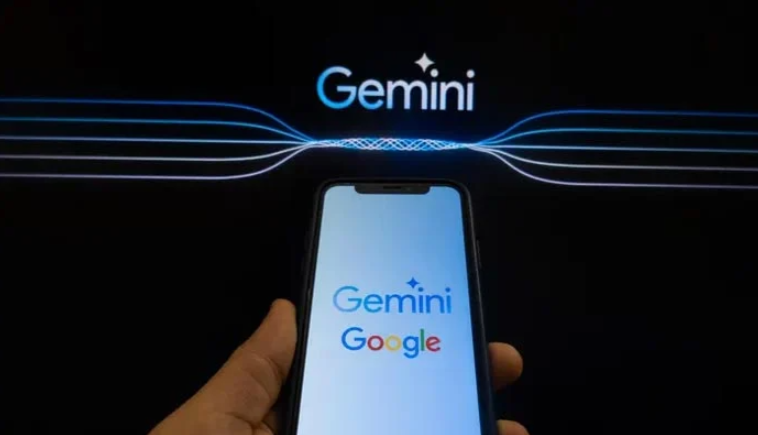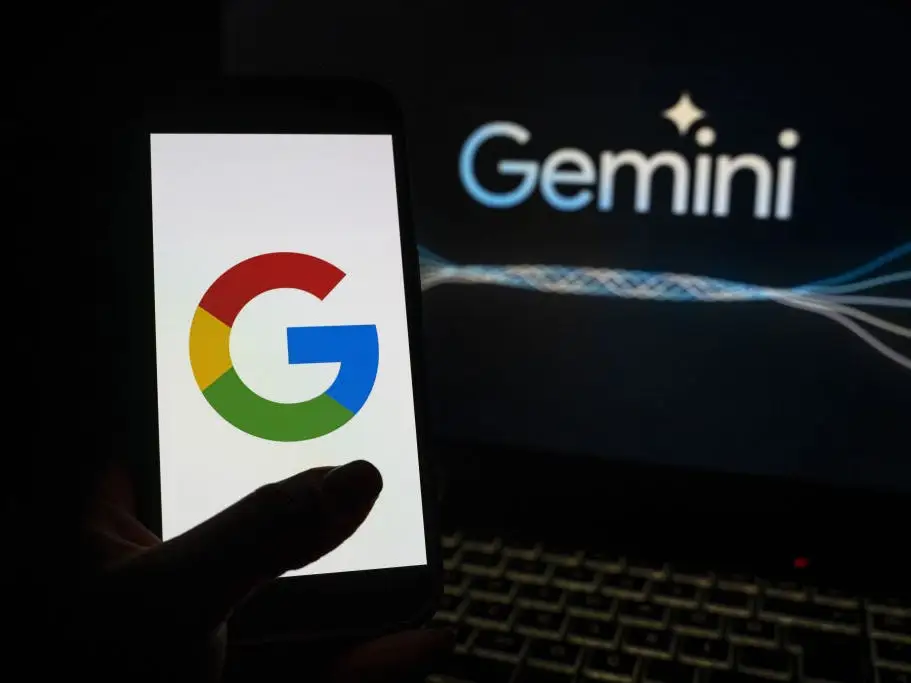Google’s Gemini AI suite added Canvas and Audio Overview on Wednesday. These tools facilitate user participation and engagement with digital content, bolstering Gemini’s productivity and creativity.
Dave Citron, Senior Director of Product Management for Gemini Apps, highlighted the importance of these updates, stating, “Gemini is evolving into an even more powerful partner for creativity and productivity. With Canvas and Audio Overview, we’re providing users with intuitive tools to refine their work, learn more effectively, and bring their ideas to life.”
Read also: Google opens cloud facility in Johannesburg to rival AWS and Microsoft
Canvas: Enhancing real-time collaboration
Canvas is an interactive workspace within Gemini that streamlines creating, editing, and refining documents and code in real time. Users can generate high-quality drafts, adjust tone and style, and collaborate seamlessly.
The ability to export directly to Google Docs facilitates further collaborative efforts. Canvas supports HTML and React previews, enabling developers to create initial prototypes for web apps, Python scripts, and more.
Canvas is available to Gemini and Gemini Advanced subscribers in all supported languages. It allows users to work more efficiently with AI-driven feedback and intelligent editing suggestions. It enhances the coding experience by providing a live preview adjacent to the code, enabling iterative adjustments while observing changes.
Read also: Star Wars Meets AI: Nvidia and Disney introduce Blue the BDX Droid
Audio overview: Transforming content into engaging audio
Audio Overview is a feature that converts documents, slides, and research reports into AI-generated, podcast-style discussions. It creates lively audio conversations between AI hosts, providing dynamic summaries, highlighting connections between topics, and offering fresh perspectives on uploaded files.
Users can transform class notes, research papers, or lengthy email threads into engaging audio content to stay informed while multitasking.
Currently available in English for Gemini and Gemini Advanced subscribers, Audio Overview is accessible via a suggestion chip above the prompt bar. The feature aims to enhance accessibility by catering to multitasking professionals and students, allowing them to absorb complex information effortlessly via the web or the Gemini mobile app. Support for additional languages is expected soon.

